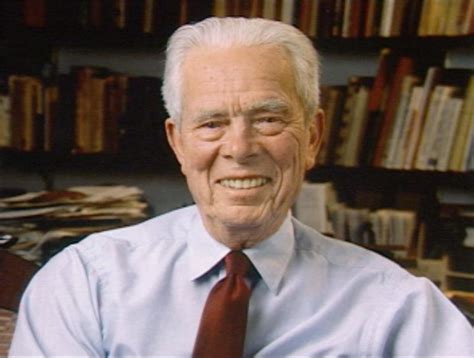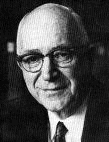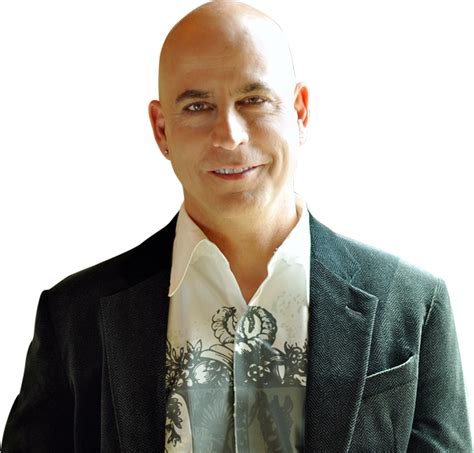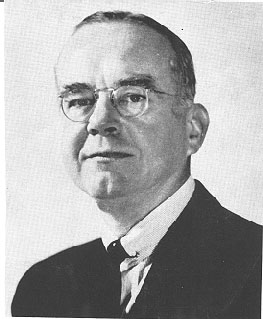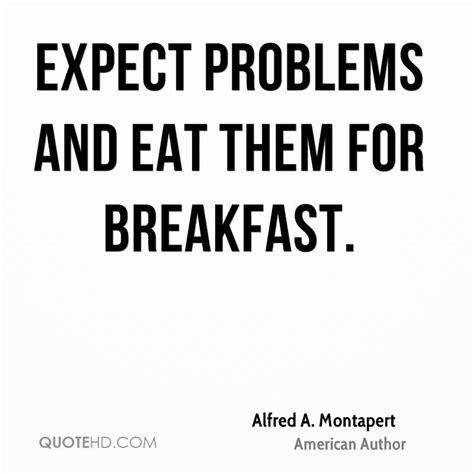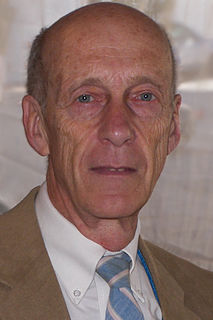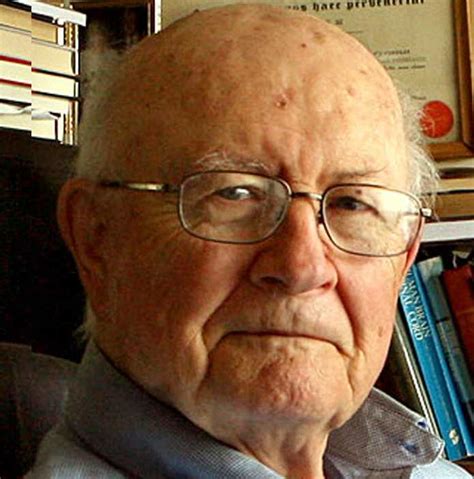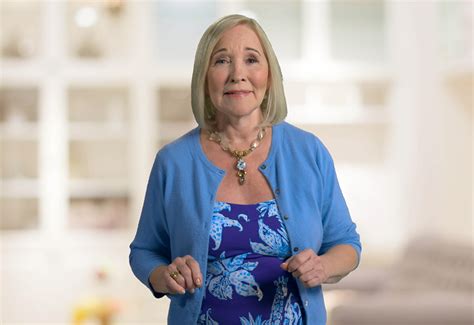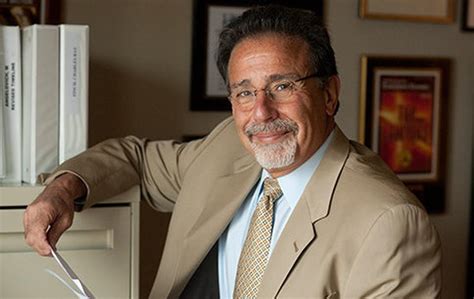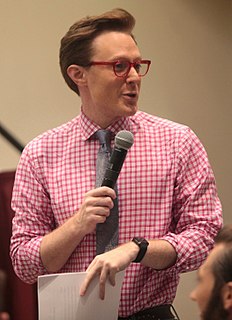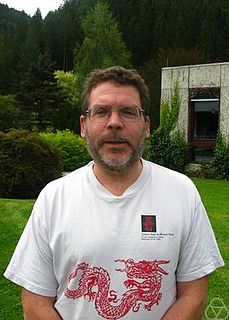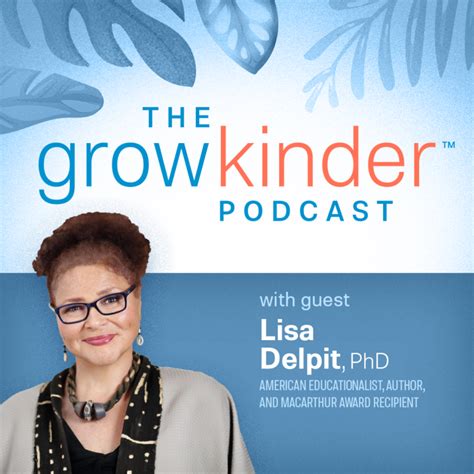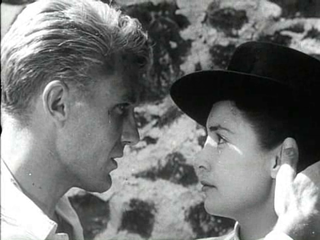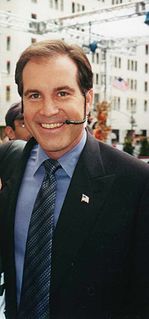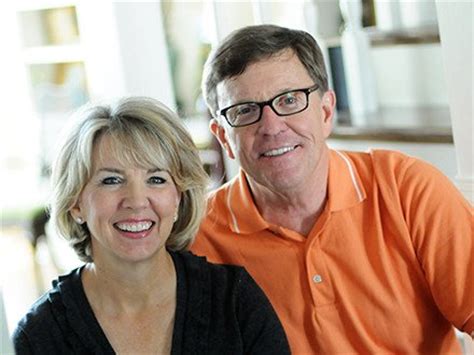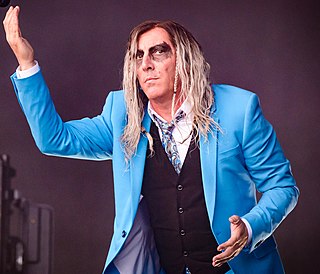Top 1200 Beliefs Quotes & Sayings - Page 3
Explore popular Beliefs quotes.
Last updated on November 25, 2024.
We can be confident that action which is in accord with a few basic beliefs cannot be wrong and can at least testify to the values we will need to cultivate. These are the beliefs that the human race is a family that has inherited a place on the earth in common, that its members have an obligation to work toward sharing it so that none is deprived of the elementary needs for life, and that all have a responsibility to leave it undegraded for those who follow.
...as I reject the old time beliefs, it is not a matter of countering belief with belief, rather I can challenge the efficacy of old beliefs with sound arguments. We believe in nature and that human progress depends on the domination of man over nature. There is no conscious power behind it. This is our philosophy.
This is something I consider Enlightenment to be - and that is to give intellectual or spiritual understanding and to be free of ignorance, false beliefs or prejudice. Able to honor each person as they walk their own path and not infringe our own personal beliefs onto them but to accept what ever form that carries truth for them
Little by little, in subtle ways, you get programmed. You create beliefs that get cemented in your personality. You don't realize you are doing this, but you are. Your core, foundational beliefs about relationships, money, and success will all be programmed into you by the time you are 10 years old.
Modern liberalism, for most liberals is not a consciously understood set of rational beliefs, but a bundle of unexamined prejudices and conjoined sentiments. The basic ideas and beliefs seem more satisfactory when they are not made fully explicit, when they merely lurk rather obscurely in the background, coloring the rhetoric and adding a certain emotive glow.
More and more people are becoming unable to accept traditional [religious] beliefs. If they think that, apart from these beliefs, there is no reason for kindly behaviour, the results may be needlessly unfortunate. That is why it is important to show that no supernatural reasons are needed to make [people] kind and to prove that only through kindness can the human race achieve happiness.
Beliefs create behaviors, and the dysfunctional behaviors of the human race, observable everywhere every day, are the product of our non-workable beliefs. Chief among these is the belief in separation, which has arisen out of our ancient Separation Theologies. This is a way of looking at God that insists that we are "over here" and God is "over there."
Know that all the limiting beliefs from your family, your friends, your fears and the world will begin to come up once you start to take action. Move through them. This part of the process is where we begin to grow as individuals into who we were meant to be by challenging all of these limiting beliefs and fears.
One reason why I recommend the abandonment of religious beliefs is because I think those beliefs are wrong. There is no evidence that our world was created by divine intention, that a god intercedes in human affairs, or that there is life after death. Religion is a hangover from humankind's timorous infancy; it's time for us to walk upright and unafraid, and to take charge of our own lives.
Your beliefs and thoughts are wired into your biology. They become your cells, tissues, and organs. There’s no supplement, no diet, no medicine, and no exercise regimen that can compare with the power of your thoughts and beliefs. That’s the very first place you need to look when anything goes wrong with your body.
Religious liberty is misunderstood. It simply means that the Founders said that everyone in America should have the freedom to practice and exercise their religion. Not to believe it but to exercise our beliefs - to act on our beliefs. It's not about believing privately in your head, privately in that building, or simply about freedom of worship.
It's so essential to happiness to speak your truth out loud - because this sharing of your core pain is what creates a necessary healing shift - from negative beliefs about the world - to positive beliefs - and frees you up to be able to fully view life with meaning, purpose and connection with others.
My methods produce lasting behavioral change without unpleasant consequences, because the change does not come from an effort of will. It comes from examining your deep-rooted beliefs of who you are and how the world functions. As you examine these beliefs and make changes in them, you literally become a different person.
I think there is a predisposition among Christians that Hollywood is anti-Jesus or anti-Christianity. I was warned I'd have to fight to maintain the freedom to express my beliefs. It's an unfair stereotype, and so far that's been the farthest from the truth. While everyone I work with may not share my beliefs, I have been surrounded by nothing but support.
In my platoon, we came from different parts of the country, with different backgrounds, different religious beliefs, different political beliefs—and yet we all put those differences aside. Fundamentally, I believe that’s what the American people expect of Congress as well. We all ought to be able to come together in Washington and do what’s best for our America.
Good marriages are built upon a combination of emotional love and a common commitment to a core of beliefs about what is important in life and what we wish to do with our lives. Speaking each other's primary love language creates the emotional climate where these beliefs can be fleshed out in daily life.
When we speak of ordinary unqualified knowledge, my thought is that we are implicitly relativizing to the standards imposed by our evolution-derived humanity. These are standards that determine when we consider it appropriate to store beliefs just as a human being, rather than in one's capacity as an expert of one or another sort. Such stored beliefs are to be available for later use in one's own thought or in testimony to others.
What [he] is apparently objecting to is that not everyone takes his beliefs seriously. Indeed, some don't seem to respect his beliefs at all, and actually poke fun at them. Well, I have news for [him]: that's the nature of a free society. Opinions don't necessarily merit respect; they must earn respect in the marketplace of ideas.
Conservatism is sometimes a symptom of sterility. Those who have nothing in them that can grow and develop must cling to what they have in beliefs, ideas and possessions. The sterile radical, too, is basically conservative. He is afraid to let go of the ideas and beliefs he picked up in his youth lest his life be seen as empty and wasted.
We do not really see through our eyes or hear through our ears, but through our beliefs. To put our beliefs on hold is to cease to exist as ourselves for a moment -- and that is not easy ... but it is the only way to learn what it might feel like to be someone else and the only way to start the dialogue.
All my life I have made it a rule never to permit a religious man or woman take for granted that his or her religious beliefs deserved more consideration than non-religious beliefs or anti-religious ones. I never agree with that foolish statement that I ought to respect the views of others when I believe them to be wrong.
The broadcasting industry definitely has changed, and I'm talking about young broadcasters who come along today, they really feel like they have to do something that's outlandish to make them stand out. They have to say something provocative that maybe they don't even really truly believe in their heart and, it's not really what their beliefs are, but they're going to sacrifice their beliefs to try to do something to gain attention.
There was a man named Robert Dear who in court said he was a warrior for the babies, whose ex-wife talked about his Christian beliefs motivating his desire to attack and murder three people, including a police officer, in Colorado.That man is a Christian. He`s an avowed Christian. He appears to have acted on those Christian beliefs to undertake that act of violence.
In place of the old beliefs of a civilization based on godliness, judgment and historical loyalty, young people are given the new beliefs of a society based on equality and inclusion, and are told that the judgment of other lifestyles is a crime. ... The "non-judgmental" attitude towards other cultures goes hand-in-hand with a fierce denunciation of the culture that might have been one's own
Near beliefs are to blame for a new brand of Christianity that is epidemic in our homes and churches-a faith that has little flavor, little light and little influence. When near beliefs are our only source of motivation, tough stands are never taken, feathers are never ruffled, and absolutes are held very loosely.
Before you disagree make sure you understand. In other words, we must make sure that we can describe another's theological position as he would describe it before we criticize or condemn. Another guiding principle should be 'Do not impute to others beliefs you regard as logically entailed by their beliefs but that they explicitly deny'.
Authenticity is an alignment between your beliefs, your desires and your choices in the world. Desires that are in alignment with core beliefs generate powerful actions. Like a wave that draws from the depths of the ocean, actions connected to your authentic self are more likely to manifest your intentions.
Externalists reject any such view. I think that the idea that we can tell, simply by way of reflection, whether our beliefs are justified, is deeply commonsensical. More than that, the idea that responsible epistemic agents ought to reflect on their beliefs, and hold them only if they somehow pass muster, is utterly natural.
Facts do not find their way into the world in which our beliefs reside; they did not produce our beliefs, they do not destroy them; they may inflict on them the most constant refutations without weakening them, and an avalanche of afflictions or ailments succeeding one another without interruption in a family will not make it doubt the goodness of its God or the talent of its doctor.
Since the notion that we should all forsake attachment to race and/or cultural identity and be “just humans” within the framework of white supremacy has usually meant that subordinate groups must surrender their identities, beliefs, values, and assimilate by adopting the values and beliefs of privileged-class whites, rather than promoting racial harmony this thinking has created a fierce cultural protectionism.
